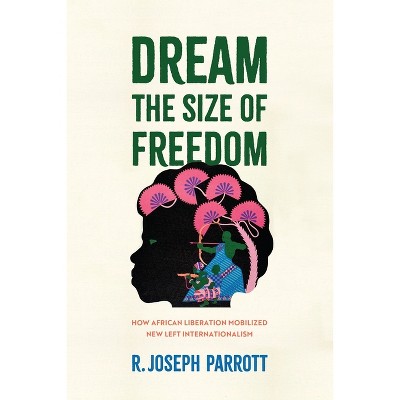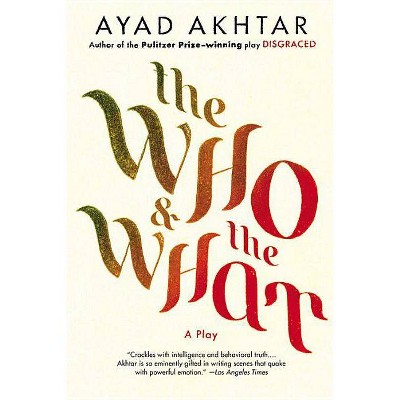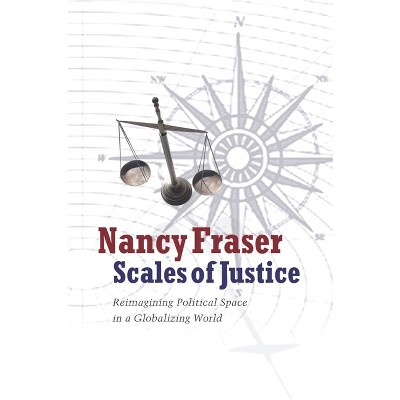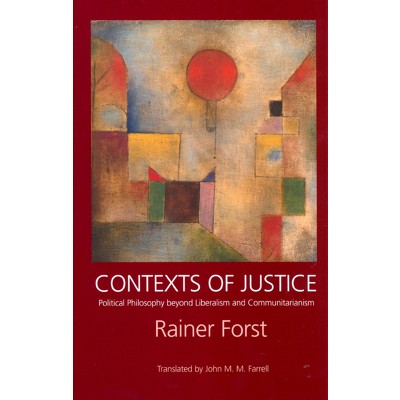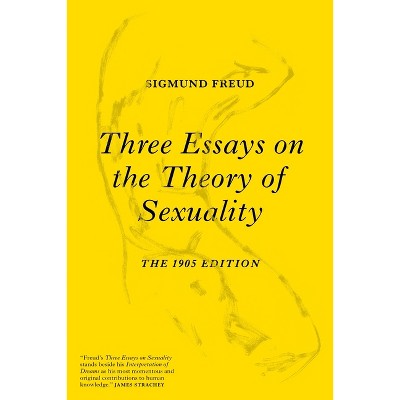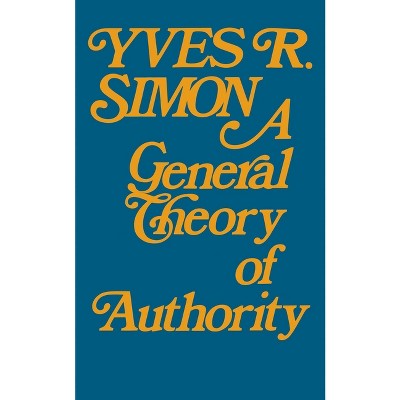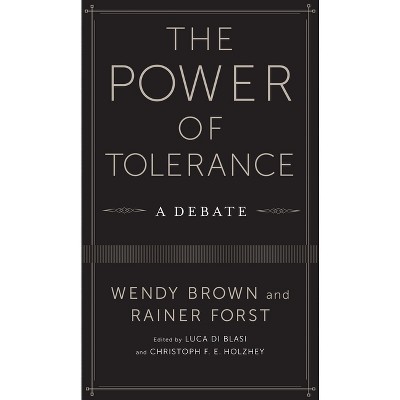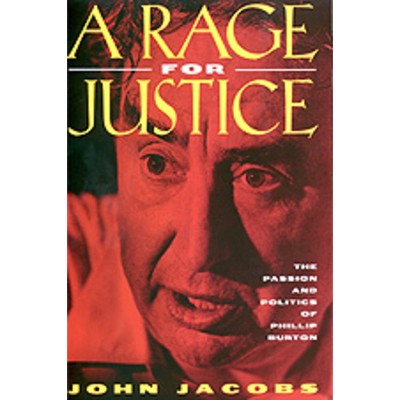Sponsored

A Materialist Theory of Justice - by Isaak Dore (Hardcover)
In Stock
Sponsored
About this item
Highlights
- This book presents a comprehensive theory of justice that has a threefold justification.
- About the Author: Isaak Dore is Distinguished Professor of Law and Philosophy Emeritus, St. Louis University School of Law, USA.
- 348 Pages
- Philosophy, Political
Description
Book Synopsis
This book presents a comprehensive theory of justice that has a threefold justification. For the first justification, the book presents a rigorously empirical methodology based on the stark realities of the human condition. It has a strong anthropological grounding in that it is adapted from the methodology of cultural materialism which, in turn, is founded on the materialist epistemology of Karl Marx.
The second justification is philosophical. The theory of justice derived from the above methodology is further buttressed by and/or tested against the major trends of Western philosophy as represented by the thought of Aristotle, Thomas Hobbes, Thomas Aquinas, Immanuel Kant, Georg W. F. Hegel, John Finnis, John Dewey, George Mead, Jürgen Habermas, Michel Foucault, Jean-François Lyotard, Axel Honneth, Michael Sandel, Michael Walzer, Martha Nussbaum, John Maynard Keynes, Amartya Sen and Karl Marx.
The third justification is moral. The promotion of human flourishing on the basis of fairness and equality are the minimum goals to be achieved; after which a more ambitious and comprehensive theory of overall goodness --based on individual and governmental action --can be implemented.
From the Back Cover
"An impressive and valuable contribution to multiple fields of study. Dore analyzes and gets to the core of virtually every major Western philosopher from Aristotle to Arendt. He has created a new, unified theory of social justice. It is rare--even breathtaking--to find a work of such ambition, critical insight and social commitment."
--Peter Wogan, Professor of Anthropology and Global Cultural Studies, Willamette University, USA
This book presents a comprehensive theory of justice with a threefold justification. The first justification is a rigorous empirical methodology based on the stark realities of the human condition. It is adapted from the methodology of cultural materialism, which in turn, is founded on the materialist epistemology of Karl Marx, and has a strong anthropological grounding.
The second justification is philosophical. The theory is tested against the thought of Aristotle, Thomas Hobbes, Thomas Aquinas, Immanuel Kant, Georg W. F. Hegel, John Finnis, John Dewey, George Mead, Jürgen Habermas, Michel Foucault, Jean-François Lyotard, Axel Honneth, Michael Sandel, Michael Walzer, Martha Nussbaum, John Maynard Keynes, Amartya Sen and Marx.
The third justification is moral. The theory presents a step-by-step guide to first securing the minimum moral content of an ethics of survival and subsistence, followed by a non-contractarian "thick" theory for full human flourishing.
Isaak Dore is Distinguished Professor of Law and Philosophy Emeritus, St. Louis University School of Law, USA. Formerly a human rights lawyer in the United Nations, he has over fifty years of experience teaching and writing in the areas of law, philosophy, anthropology and multiculturalism, with eight books and scores of articles in these fields.
About the Author
Isaak Dore is Distinguished Professor of Law and Philosophy Emeritus, St. Louis University School of Law, USA. Formerly a human rights lawyer in the United Nations, he has over fifty years of experience teaching and writing in the areas of law, philosophy, anthropology and multiculturalism, with eight books and scores of articles in these fields.
Shipping details
Return details
Frequently bought together


Trending Philosophy








